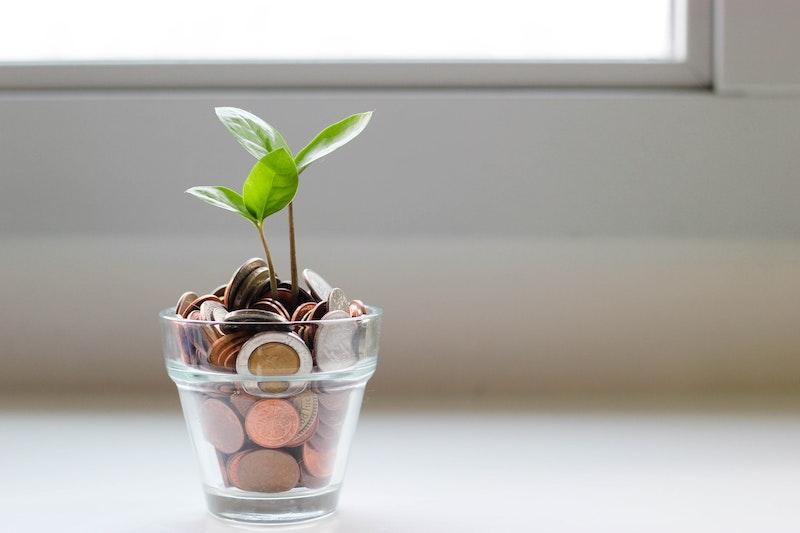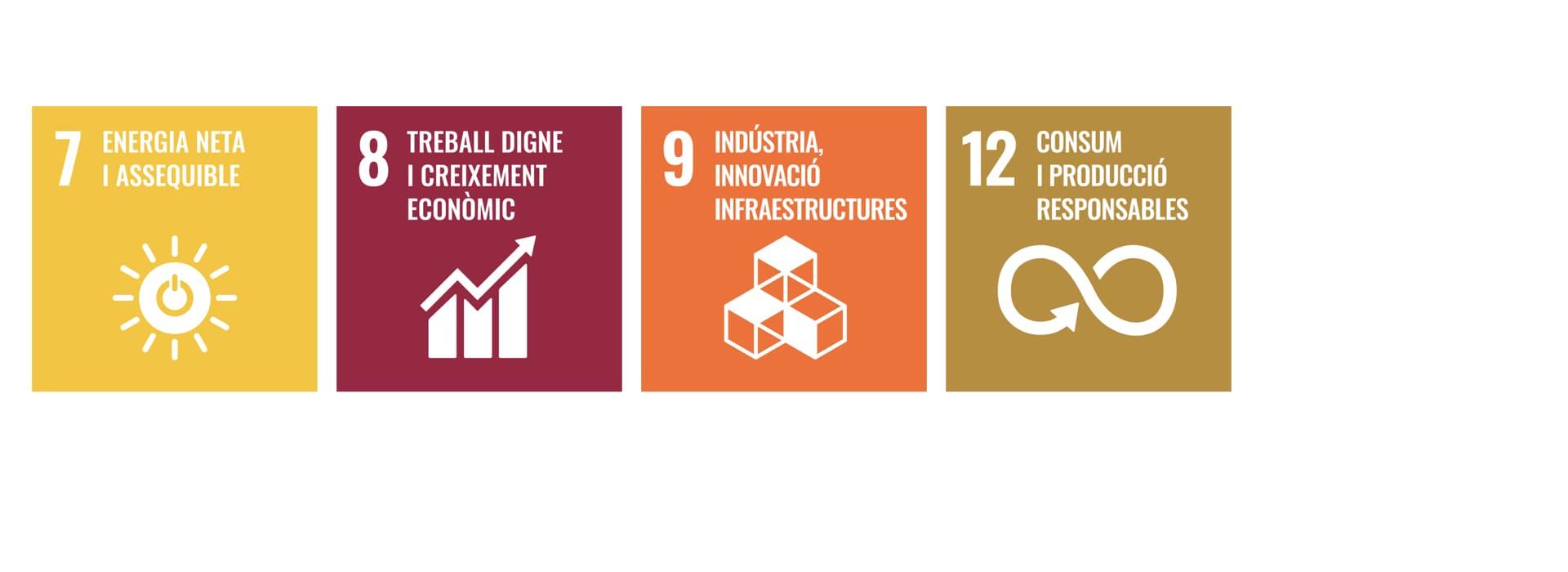
- About UPF-BSM
- Programs
- Faculty and research
- Companies and Organizations
- News & Events
Green entrepreneurship wins over investors
1 Junio - 2021
Fàtima Vidal Ayuso
Teacher Assistant at Strategy & Entrepreneurship Academic Area
__
Many companies around the world are already shifting their strategy towards sustainable and recycled products or betting on renewable energies to meet the demands of the planet. This is the case of Nike, which has a line of products made from sustainable materials and is striving to have a more responsible supply chain, or Ikea, which has expanded its catalog of products made from renewable and recycled materials and has eliminated single-use plastics.
However, beyond the adjustment of some companies, there are companies that are already born with the will to take care of the environment. This is the case of Ecoalf, a sustainable clothing brand that manufactures a large part of its pieces from recycled plastics extracted from the oceans; or Reby, a company that provides mobility solutions through the use of electric scooters made from reusable components. But how do these ideas come about?
What is sustainable entrepreneurship?
Sustainable entrepreneurship, also known as green entrepreneurship, is the activity of consciously facing environmental and social problems and needs and, in turn, proposing innovative business ideas that provide a solution. This characteristic is considered to correspond entities that have been created with the purpose of integrating sustainability in their business models as a necessary part to achieve success, being an engine of ideas that transforms the environment.
For business activity to be sustainable, it must create value that guarantees environmental protection and generates economic prosperity and social cohesion
This kind of entrepreneurship involves a long-term process that pursues sustainable development, which not only includes environmental sustainability, but also economic and social sustainability. In other words, for business activity to be truly sustainable there must be a creation of value that, in addition to guaranteeing environmental protection, also generates economic prosperity and social cohesion.
In fact, there are already certain objectives relating to the concept of full sustainability that indicate that when we speak of "environmental protection" we are not only referring to the reduction of greenhouse gas emissions:
- Encourage reduction, reuse or recycling of waste
- Claim the natural resources of a territory and respect local producers
- To conserve or restore biodiversity
- Generate well-being and improve social cohesion
- Seek environmental efficiency
- Reduce carbon footprint
Sustainable entrepreneurs are very important in economic development, as they are concerned with environmental protection, one of the most important issues today.
More conscientious and less speculative investor
The growing sensitivity towards the planet has led to the emergence of an investor profile that is also much more aware of the cause. It is defined as a stable, non-speculative investor, sensitive to risks and, above all, determined to generate a positive impact on a society that is increasingly committed to the environment.
Thus, it can be considered that there has been a change of mentality in the shareholder, who is looking for a more mature and long-term investment. This attitude has been partially encouraged by the incentives coming from the European Union through the European Recovery Funds or by the Sustainable Development Goals (SDGs), promoted by the United Nations (UN).
Sensitivity to the planet has led to the emergence of a more cause-conscious, stable and non-speculative investor profile
According to a study conducted by CB Insights, startups with a clear sustainable orientation have benefited in the last year, as an increase in their investments has been observed. Interestingly, one of the most favored industries has been the vegetable protein industry. At the state level, one of these examples is Heura, a company that aims to promote eating habits with a 100% sustainable menu, leaving aside animals as indispensable intermediaries to obtain meat products. Cases such as this show that, beyond the involvement of investors, consumers are also required.
Sustainability is a concept linked to the present and the future, involving economic, social and environmental well-being. This three-dimensional involvement pushes society, the business sector and shareholders to trust and encourage entrepreneurship that works to achieve a balance between the environment and economic growth.
